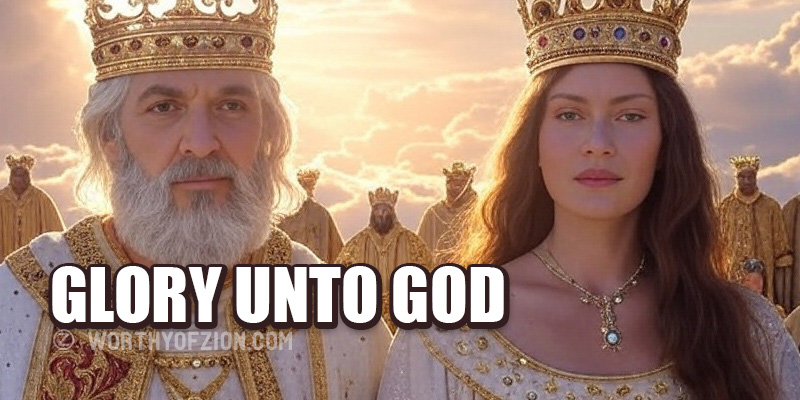I’ve really wanted to start attending the temple regularly. By “regularly,” I mean every week. My weeks are so crazy and unpredictable with work and family, I decided that Saturday mornings would be the time to go. I made this decision a month or two ago, and it’s taken until today to finally attend for the first time.
I woke up and thought, Okay, go.
Then the thought crossed my mind: Don’t go. You aren’t worthy.
So I decided not to.
[Nothing major, I just didn’t feel I was anywhere near my best.]
Then another thought came: Go — you need this.
And I wavered. Why? Because I felt unworthy.
As I reasoned with myself, I ultimately decided to go — even though my flesh didn’t want to, and I really wasn’t feeling spiritual.
I got dressed and drove over. I told the guy at the front desk of the Mount Timpanogos Temple that I didn’t have a reservation but wanted to do initiatories. He said they would love to have me and invited me to enter — after showing my Temple Driver’s License, of course.
(If you don’t get that reference, you should go watch that video by John Crist — it’s pretty funny.)
Anyhow, while I was doing my initiatories, I had a few thoughts come to mind.
My first thought was: I love doing initiatories. They are powerful.
If you don’t know what they are, the General Handbook explains:
“The endowment is received in two parts. In the first part, a person receives preliminary ordinances called the initiatory. The initiatory comprises three ordinances: washing, anointing, and clothing (see Exodus 29:4–9). It includes special blessings related to the person’s divine heritage and potential. During the initiatory, the member is instructed to wear the temple garment. The garment is a sacred symbol of Jesus Christ. It is also a reminder of temple covenants. When members keep their covenants, including the sacred privilege to wear the garment as instructed, they will have greater access to the Savior’s mercy, protection, strength, and power.”
In the initiatory, you are washed. This is different from baptism — it’s more ceremonial.
The second thought I had was: Is it possible that the Catholic Church mixed the idea of a ceremonial “washing” with “baptism” and eventually arrived at the practice of sprinkling water and calling it baptism?
A ceremonial washing in ancient times was likely similar to what we imagine as the washing of feet — not a full-body immersion like baptism, but also not just a symbolic sprinkle. Could that ancient practice and understanding of ritual cleansing have influenced the Catholic tradition of sprinkling as a symbolic baptism, rather than full immersion?
Clearly, the doctrine of baptism has been altered by them over time. Was this a contributing factor?
The last thought I had was about God’s glory, and what constitutes “glory added unto Him.”
I’m a firm believer that I am a son of God. He created me in His image. I have the divine potential to become like Him.
Over the past few years, I’ve heard people suggest that such a belief somehow diminishes the glory of God. But in my mind, it only adds to His glory.
In this fallen world, we tend to have a scarcity mentality — the belief that if one person has something, others must go without. That if one has much, someone else must have little, because there’s only so much to go around.
But what if God’s glory doesn’t work like that?
What if He were to raise up other Gods like unto Himself — His children, whom He created, whom He loves, and who do His will?
Why would that not bring honor and glory unto Him?
Even an earthly king builds his kingdom in such a way that his son will reign after him. The son continues to build upon the father’s greatness. Does that diminish the father’s glory? No, it expands it.
I believe there are so many parallels between heavenly society and earthly society — and I think God wants us to notice them. They’re meant to help us understand eternal truths in a familiar way. But instead, we often overcomplicate them, or mold them into things they were never meant to be.
- Father and Son
- Male and Female
- Kings and Queens
All of these reflect divine patterns — not to limit our understanding, but to expand it.
What if the expanses of the universe were not limitless?
What if there were no more space, no more matter — nothing left to create with? If that were the case, then God’s works and His glory could not continue. He would cease to be God.
But that’s not the reality.
Modern technology has shown us that the universe is, for all practical purposes, limitless. The only boundaries we know are those defined by the limits of our own perception — how far we can see, measure, or imagine. And even what we can see surpasses the understanding of man.
The vastness of creation itself testifies that God’s work is not finished — and that His glory is eternally expanding.
